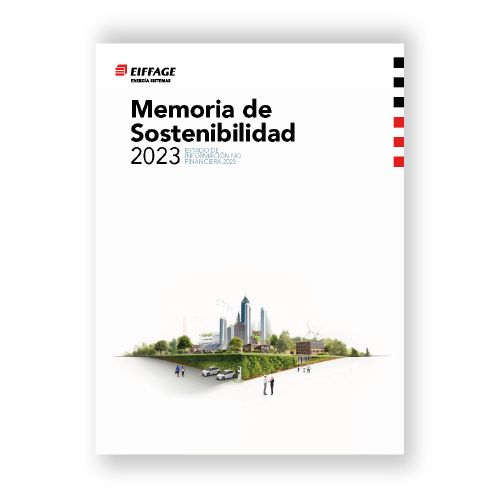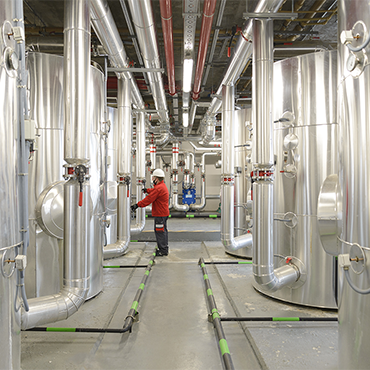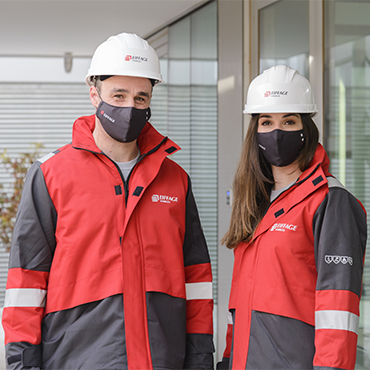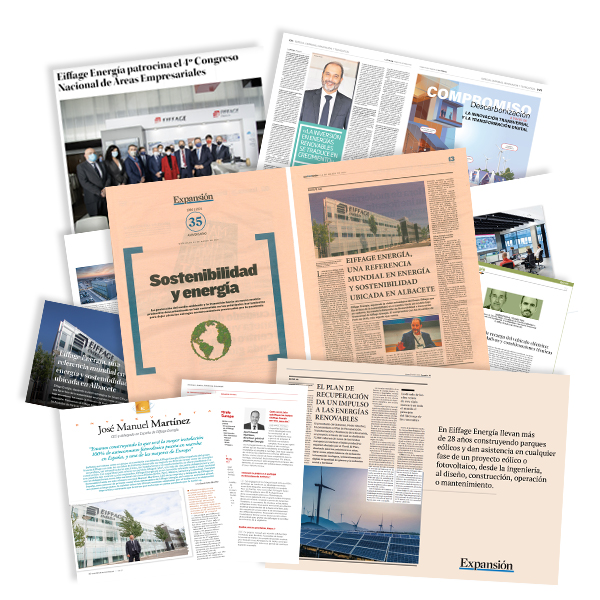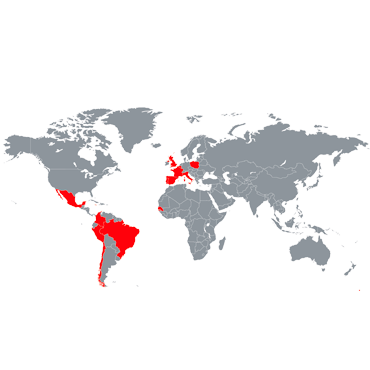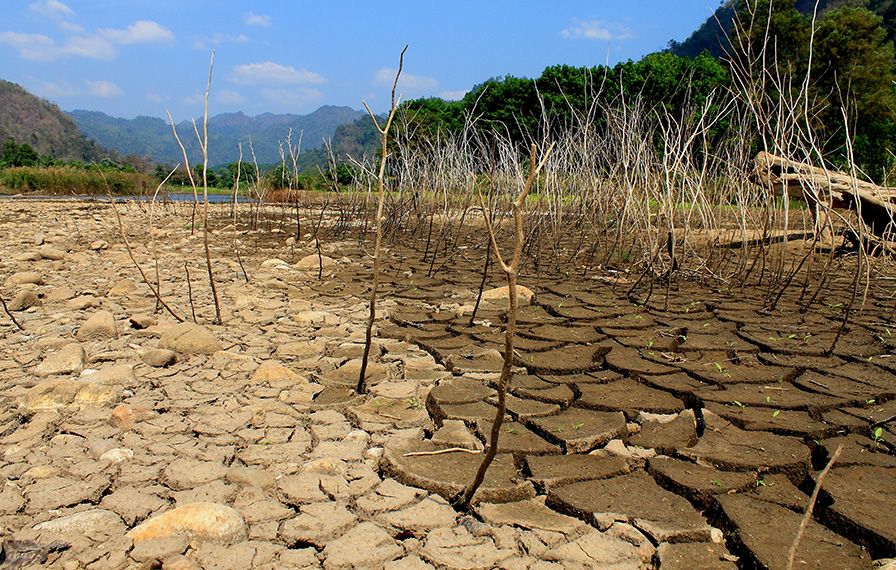From 17 April and until next Friday 22, scientists from around the world are meeting in Europe, at the Austria Centre Vienna, to take part in the 2016 General Assembly of the European Geosciences Union (EGU), where they will discuss the current state of the risks associated with the climate and agriculture.
This is where, during these days, various scientific studies have been presented, which deal with the threat to society posed by the climate change, investigations which refer to different causes and periods, but agree on the impact that this has had on human civilization from ancient times to the present day.
In his presentation, Francis Ludlow, of Trinity College in Dublin, emphasized the importance of understanding how drought impacted on past human societies, especially if we take into account that it is now man himself who is interfering in the climate system.
In any case, regardless of whether it is nature or the work of man who decides the future of societies today, Ludlow believes that it is difficult to know how an extreme natural event could affect us today. This is due to globalisation and new technologies, which make our world much less predictable. As he stated to Efe: “We should be prepared for unexpected events. We have had experiences in volcanic eruptions in the past two hundred years, but we don’t know how today’s society could handle it.”
The conclusions presented in the Vienna General Assembly are, therefore, directly related to sustainability and energy efficiency. In this regard, the activities being developed by Eiffage Energía are fully focused on their defence. In fact, one of our main challenges is the reduction of environmental impact on all of them, for which we have a team that, along with quality management, cares for and strengthens the Environment in all the organistaion’s processes.
Source: La Razón

